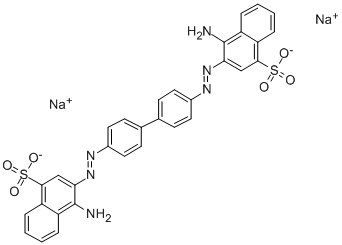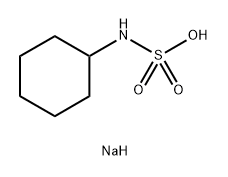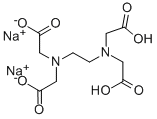A2467512
Congo red , >98.0%(HPLC) , 573-58-0
Synonym(s):
Congo Red;Direct Red 28;Direct Red R;Direct Red Y;3,3?-[(1,1?-Biphenyl)-4,4?-diylbis(azo)]bis(4-amino-1-naphthalenesulfonic Acid) 2Na
CAS NO.:573-58-0
Empirical Formula: C32H22N6Na2O6S2
Molecular Weight: 696.66
MDL number: MFCD00004028
EINECS: 209-358-4
| Pack Size | Price | Stock | Quantity |
| 5G | RMB142.40 | In Stock |
|
| 25G | RMB255.20 | In Stock |
|
| others | Enquire |
Update time: 2022-07-08
PRODUCT Properties
| Melting point: | >360 °C (lit.) |
| Density | 0.995 g/mL at 25 °C |
| bulk density | 600-700kg/m3 |
| vapor pressure | <1 Pa |
| storage temp. | Store at +5°C to +30°C. |
| solubility | H2O: soluble10mg/mL |
| form | Powder/Solid |
| Colour Index | 22120 |
| pka | 4.1(at 25℃) |
| color | Red Brown |
| PH Range | 3(blue)-5.2(red) |
| Odor | Odorless |
| PH | 6.7 (10g/l, H2O, 20℃) |
| Water Solubility | soluble |
| λmax | 497nm, 488nm, 595nm |
| Merck | 14,2498 |
| BRN | 3894858 |
| Stability: | Stable. Incompatible with strong oxidizing agents. |
| Biological Applications | Detecting bacteria,protein folding disorders; treating dermatological disorders,neurodegenerative diseases,Alzheimer’s disease |
| Major Application | Waveguides, optical sensors, display devices, inks, fertilizer, pesticides, carbohydrates, treatment of pathogen infections, age-related macular degeneration |
| CAS DataBase Reference | 573-58-0(CAS DataBase Reference) |
| EPA Substance Registry System | Congo Red (573-58-0) |
Description and Uses
C.I. Direct red 28(Congo Red) is an odorless,brownish-red powder. Molecular weight =698.72. Meltingpoint =359℃. Soluble in water; solubility =25 g/L at25℃.
Dye, medicine (diagnostic aid), indicator, biological stain.
Safety
| Symbol(GHS) |  GHS08 |
| Signal word | Danger |
| Hazard statements | H350-H361d |
| Precautionary statements | P201-P202-P280-P308+P313-P405-P501 |
| Hazard Codes | T,Xi |
| Risk Statements | 45-63-36 |
| Safety Statements | 53-45-37/39-26 |
| WGK Germany | 3 |
| RTECS | QK1400000 |
| TSCA | Yes |
| HS Code | 29215900 |
| Hazardous Substances Data | 573-58-0(Hazardous Substances Data) |
| Toxicity | LD50 i.v. in rats: 190 mg/kg (Richardson, Dillon) |



